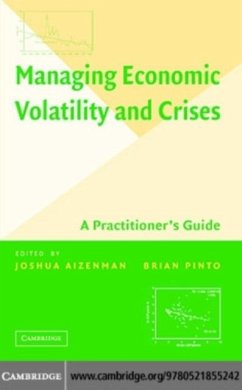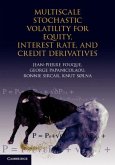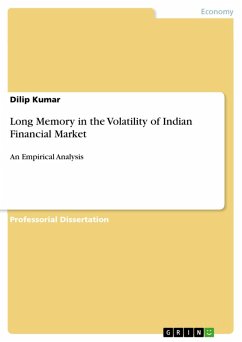Economic volatility has come into its own after being treated for decades as a secondary phenomenon in the business cycle literature. This evolution has been driven by the recognition that non-linearities, long buried by the economist's penchant for linearity, magnify the negative effects of volatility on long-run growth and inequality, especially in poor countries. This collection organizes empirical and policy results for economists and development policy practitioners into four parts: basic features, including the impact of volatility on growth and poverty; commodity price volatility; the financial sector's dual role as an absorber and amplifier of shocks; and the management and prevention of macroeconomic crises. The latter section includes a cross-country study, case studies on Argentina and Russia, and lessons from the debt default episodes of the 1980s and 1990s.
Dieser Download kann aus rechtlichen Gründen nur mit Rechnungsadresse in A, B, BG, CY, CZ, D, DK, EW, E, FIN, F, GR, HR, H, IRL, I, LT, L, LR, M, NL, PL, P, R, S, SLO, SK ausgeliefert werden.









